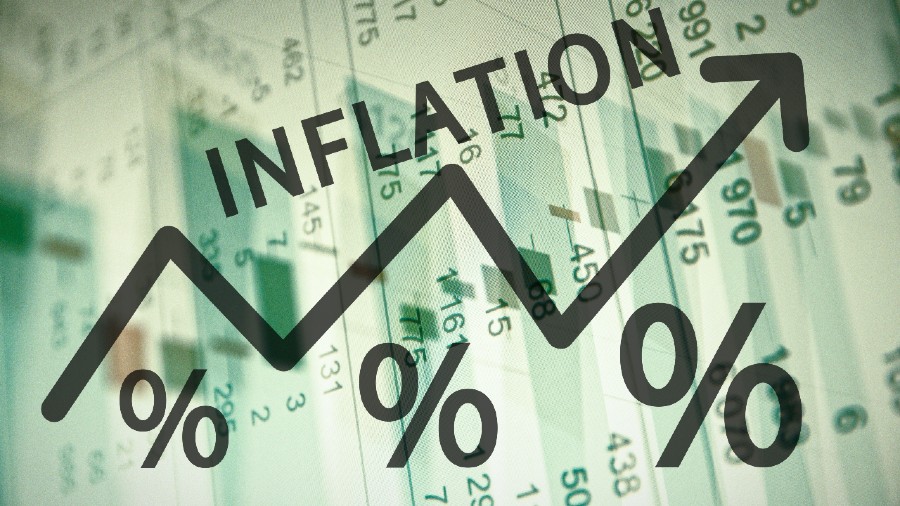Consumer prices in Britain rose 10.1 per cent in September from a year earlier, continuing their steep climb as the nation grapples with rapidly increasing food prices, high energy costs and political uncertainty.
The annual inflation rate returned to its fastest pace since 1982, matching the pace set in July. It rose from 9.9 per cent in August. Inflation was expected to peak next month, at a slightly higher rate, but a reversal in the government’s policy to hold down household energy bills has made the future path of prices even more uncertain.
Prices were pushed higher by large increases in the cost of food and, to a lesser extent, at restaurants and hotels, in September. Food prices rose 14.5 per cent last month from a year earlier, the largest annual rise in more than 40 years, according to the Office for National Statistics. High energy costs were still contributing to inflation growing at its fastest pace in decades. But price increases are widespread across goods and services, so core inflation, whic h excludes food and energy prices, rose 6.5 per cent from a year earlier, up from 6.3 per cent in August.
It’s another sign of the stickiness of inflation that politicians and policymakers are facing all over the world. That is encouraging central bankers to go for steeper increases in interest rates, in an effort to send a firm message that they will get inflation back down and won’t let rapid price increases become entrenched in the economy
But constantly changing fiscal policies, as governments try to support households through increases in the cost of living, are also complicating the picture.
Just under six weeks ago, Prime Minister Liz Truss of Britain pledged to freeze household energy bills, one of the biggest sources of inflation increases, from October for the next two winters.
This week, much of Truss’s economic agenda was scrapped by Britain’s new finance minister, Jeremy Hunt, as he tried to restore calm in financial markets, which had seemingly stopped believing in the government’s fiscal credibility. One victim of Hunt’s policy reversal was Truss’s landmark policy on energy bills; now Britons are guaranteed a freeze on their bills only until April.
New York Times News Service











